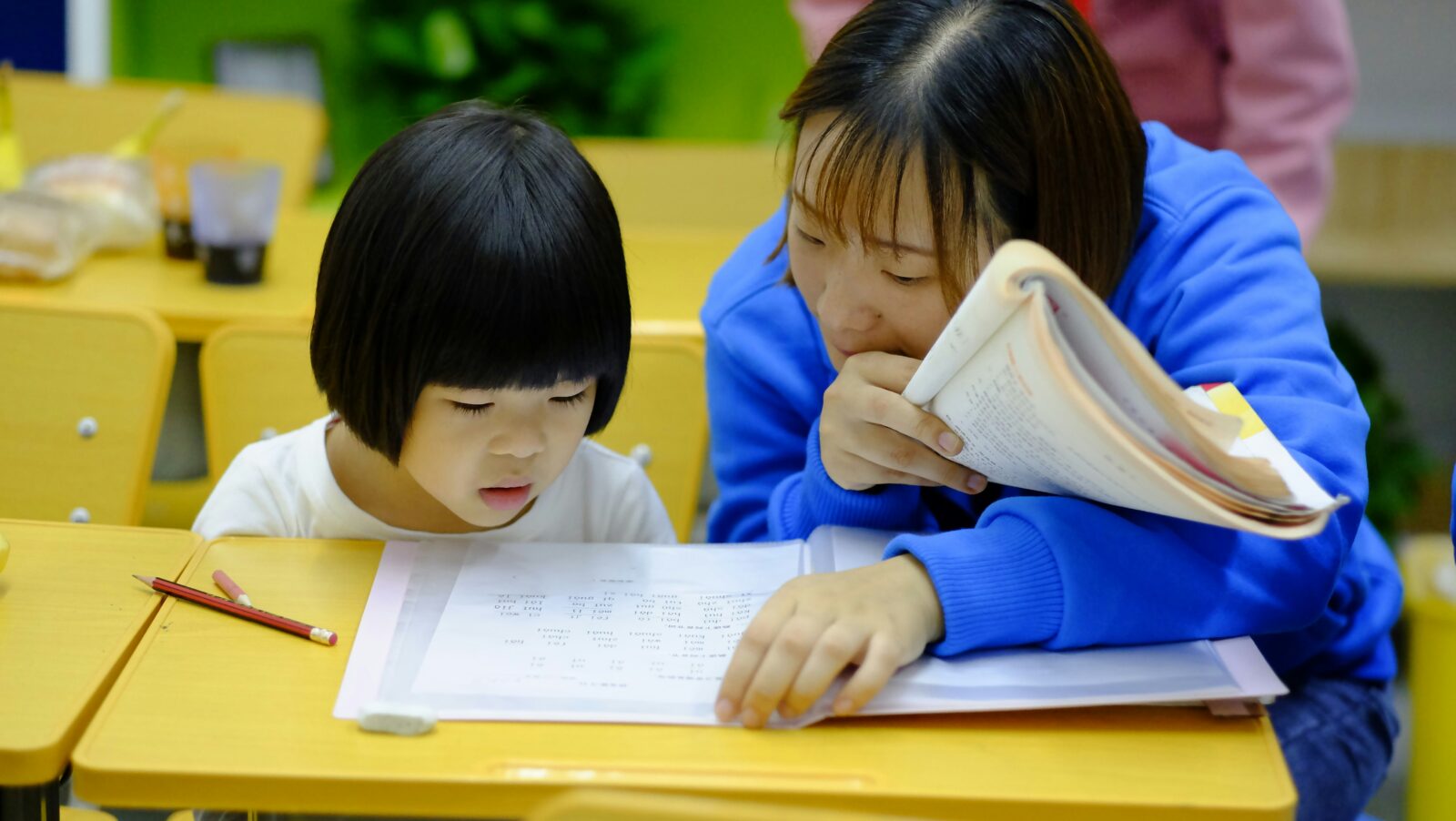Imagine it is finally the day you take the SAT or ACT. You have been studying hours a day—for weeks, months, or maybe even years. But when you get to the location, you see armed police officers, thousands of parents, underclassmen from your high school, and many volunteers. In the United States, you might think that there is a protest going on. In China? This is just the standard setting for arguably the most important exam a Chinese student will ever take: the National College Entrance Examination (gaokao).
China’s gaokao is an exam students take which tests them on Chinese, mathematics, a foreign language of their choice (usually English), and other subjects related to science or arts, also depending on their choice. In 2023, CNN reported that nearly 13 million students took the exam. In comparison, a combined 3.4 million American high school students took either the SAT or ACT.
However, even though the gaokao and China’s education system are successful, the gaokao has still been the subject of widespread negative commentary due to the rigorousness of the studying process. According to Business Insider, “Students spend almost every waking hour studying in the 100 days before the Gao Kao.” This has led to the rise in preference of forgoing the typical Chinese education system in favor of international education systems within China and then going abroad for college. Both the gaokao and international education systems have clear benefits, but what is the reasoning behind these choices?
Choosing China’s Education System
Even though China regularly produces some of the highest test scores in the world, the level of happiness in people below 30 is still very low compared to the rest of the world. According to the 2024 World Happiness Report, China’s level of happiness among people under 30 is ranked 79th in the world. Although this low level of happiness is not entirely related to the gaokao, many of the issues affecting happiness in China can be traced back to it. For example, the youth unemployment rate in China was up to 20.4% in April 2023. Students know that if they want to get a job in the future, then it will be important for them to do better than other students on the gaokao. This creates high stress and anxiety levels as well as concerns over their futures.
Despite these concerns, the majority of students will still choose to continue in the Chinese education system. I had the opportunity to interview a current college student in China and asked him about some of the reasons why he stuck with the Chinese education system. Zhang Haoran is a 24-year-old college student training to become a teacher at the Zhuhai Branch of Beijing Normal University. He has lived in China for his entire life and spent his childhood in the suburbs of Shangqiu, a city in Henan province, growing up in a farming village. He told me that the Chinese education system allows for equal opportunities in ways that the American system does not. To get into a good college, all you need is a good test score. No recommendations, no extracurriculars, and not a lot of money being spent, so all he needed to do was work hard on his own. Especially for him living in a rural community, he didn’t have the money for an international school or the requirements for extracurricular activities, so the Chinese education system was his best option. However, he did say that since the time spent studying is very high, there is not much free time for leisure activities.
I also asked him if he thought the gaokao and the Chinese education system prepared him well for college, as well as life beyond. He replied that preparing for the gaokao allowed him to enhance skills such as reading, general comprehension, and memory. Additionally, the fact that the gaokao was extremely hard gives him hope for his future because he doesn’t think anything else will reach that level of difficulty. Clearly, despite the rigor of preparing for gaokao, there are still many positives that can be taken from the Chinese education system.
Choosing International Education Systems
Even though the Chinese education system has benefits and consistently produces high test scores, many families still choose to bypass it and instead go with international systems. According to Voa News, in the fiscal year of 2023, the U.S. State Department issued nearly 300,000 international student visas to Chinese students. This would be half of the total international student visas that they issued in 2023.
Are more and more Chinese students choosing international education systems because they believe that it will help lead them to better job opportunities, or are they choosing them for other reasons? I had the opportunity to interview a current USC student. The student, Guo Qianwei (also known as David), is a current Freshman at USC, studying Applied and Computational Math. He spent 13 years of his childhood in China, while also having brief stays in Mexico City and New Mexico through his late elementary to middle school years. However, when he returned to China for high school, instead of going back to the Chinese education system, he decided to continue with the international education system and eventually took the ACT instead of the gaokao.
When asked what he felt international education could offer that was different from the Chinese education system, he emphasized the opportunities for a student to figure out who they are. One of the main factors in his choice was that in international education, he was able to choose his classes. This way he was able to discover his love for computer science and math in ways that he wouldn’t be able to in China. He also says that in the Chinese education system, students are given more general education courses. However, he also named some downsides to choosing an international education over a Chinese education. Even though the international system is very personalized, he still feels that he is not as strong in subjects such as math and some sciences compared to his peers in China. But then again, they didn’t have the same freedom in education that he did.
The Final Choice
Both the Chinese education system and international education systems have positives and negatives attributed to them. The choice between the two is simply down to personal preference for those involved in the decision. For structure and skills such as work ethic, comprehension and memory, the Chinese education system is the way to go. For freedom of choice and the opportunity to develop your interests, the international education system is the better option. But the decision could also be even easier. Suppose a student and their parents feel that the student is the best fit for a Chinese university. In that case, the best option is to choose the Chinese education system because it is set up to directly prepare students for Chinese universities. The same goes for the international education system and international universities. The successes of both can be attributed to the fact that David currently has a 3.97 GPA at USC and plans to continue pursuing his interests through doing research at USC and various internships. On the other side, Zhang Haoran is finding success at Beijing Normal University in his quest to become a Chinese teacher, holding job offers in the U.S. through university connections.







